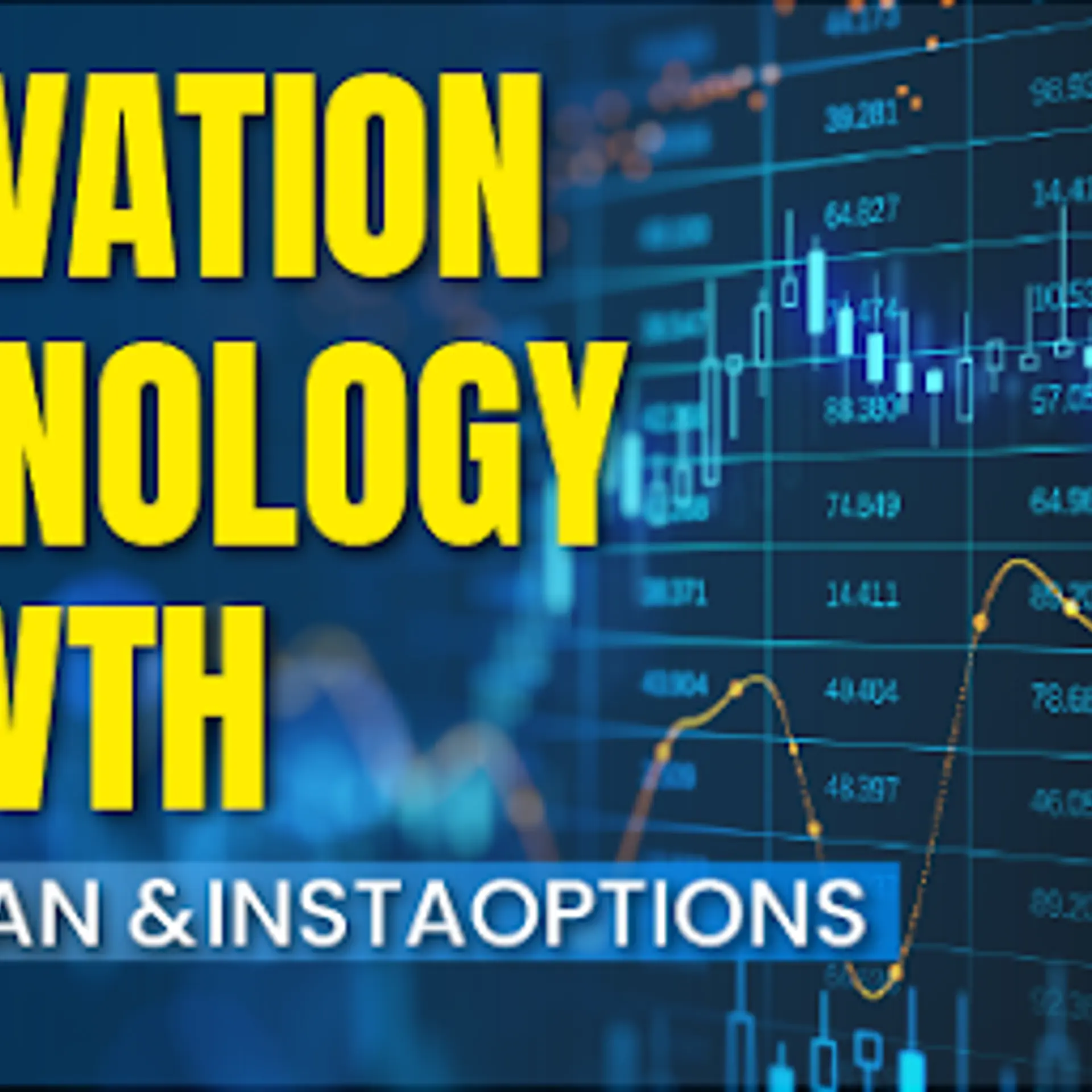How coronavirus has changed the consumer and retail sector
The consumer and retail sectors have been forced to reimagine the way they interact with customers in a post-COVID-19 world, and startups that don't align themselves with the new-normal could face an existential crisis of sorts, say experts at the SmashUp 2020 conference.
The coronavirus pandemic has changed the way we consume and relate to the world around us. A metamorphosis in consumption trends had been underway even before the health crisis - the pandemic merely sped some of these up.
Digitisation is an obvious play because it was inherently how most of India shopped during the lockdown, at least in the metropolitan and Tier-II cities. Getting down to brass tacks, retailers had been turning to online platforms even before COVID-19 - the only difference was that it was not a matter of life and death, which could possibly be the case now, given that most people are still staying indoors.
What has largely changed since the pandemic for retail and consumer companies, with respect to digitisation, is their public image and how they engage with their target audience.

Kanwaljit Singh, Managing Partner at Fireside Ventures (left), and Devendra Chawla, Managing Director and CEO at Spencer's Retail and Nature's Basket (right), in conversation with Technopak Advisors' Ankur Bisen (centre) about changing consumer trends
“Retail now is about how you think digital-first, and I don’t just mean ecommerce. Companies have to think about the DNA of the business, and ask themselves: how do we engage with consumers, how do we build communities, how should we create content, and how do we essentially build a one-on-one relationship in a personalised way,” said Kanwaljit Singh, Managing Partner, , at 'SmashUp! 2020', a one-day online conference organised by TiE Delhi-NCR, a chapter of the global not-for-profit TiE.
Brand trust and the overall concept of wellness are two aspects of retail digitisation that the coronavirus pandemic has brought to the fore. Brand trust has to do with people’s confidence in the product, i.e. knowing where the sourcing begins and how the product is handled throughout the supply chain, while wellness is how much the brand cares about its customers, says Kanwaljit.
“We know that people are buying more digitally and there’s a certain comfort with having things home-delivered. But the deeper insight is whether we’re going to go back to buying items at our local grocery stores and butcheries again, or if what we’re seeing is a permanent shift of trend,” he added.
Companies with trusted brands will get stronger in the post-pandemic era because customers will prefer known brands, predicted Kanwaljit and his fellow-panelist, Devendra Chawla, Managing Director and Chief Executive Officer for Retail, and Nature’s Basket.
“There is a trust-deficit in loose and unpackaged commodities in India, and I think branding is increasing because, in a world where they say you are what you eat, people really want to know what they're eating. If you see in stores, or even online, more than the front of the pack, the back is getting more attention,” said Devendra.
Consumers who were already brand-conscious even before the coronavirus hit will likely trade-in premium, luxury brands for ones that provide more value and are cost-effective, said Anant Gupta, Managing Director at .
End of seasonal trends?
Beverage makers typically see an uptick in sales during summers as the mercury rises, and this seasonal demand, in some cases, account for up to 40 percent of their annual revenues.
But with people being home most of the time now and not experiencing the heat, that has changed.
In fact, sales of tea, coffee, honey, and chyawanprash (a dietary supplement made with immunity-boosting herbs and minerals) - mostly winter favourites - have jumped manifold, and the country is now witnessing an artificial winter during summer, says Devendra.
That’s just one example of how consumption patterns have changed due to the outbreak, and the lesson there is that until the coronavirus threat abates and people start going out the way they used to, cyclical consumption patterns, at least for essentials and FMCG, cannot be used as indicators of potentially increased earning periods.

Anant Gupta, Managing Director at Kedaara Capital (left), in conversation with Technopak Advisors' Ankur Bisen on changing consumer trends, post-COVID-19
Focus on atavistic health practices
With a substantive cure for SARS-CoV-2 still away, Ayurveda has staged a comeback in India, and is showing up in comestibles such as snacks, drinks, chocolates, and even alcohol pre-mixes, apart from supplements.
“The whole conversation about machine learning and artificial intelligence was a buzzword just before COVID-19 happened. Now, I'm not saying all this won't accelerate - it will, of course, happen even at a faster pace. But for two to three months, those conversations took a backseat, and what came in our life was the age-old practice of Ayurveda. We’re essentially banking upon the repository of our old-age, proven knowledge - these things have been coming to our rescue,” said Devendra, adding that even after a cure is discovered for the coronavirus, natural supplements will continue to see demand.
Health and nutrition have already taken centre-stage with people looking to improve their immune systems, and the next step would be to blend nutraceuticals into foods.
“I think nutraceuticals and food and nutrition will marry, so imagine if you have atta pre-mixed with, say, vitamin C or vitamin D - you won't have to take supplements. That is the direction food and nutrition are taking,” Devendra added.
The other side of health is exercise, which, for the urban population in India, mostly means gyms and fitness centres.
With social distancing, frequenting these places isn’t a viable option, and the system, therefore, has capacity to be reimagined.
Companies like Cure.fit, and HealthifyMe have already started offering online workout classes, but there’s still more scope to bring gyms home, said Kedaara Capital’s Anant.
Healthcare monitoring startups manufacturing devices such as oximeters have reported a surge in sales over the last two months, as have at-home blood testing devices, and with the government fortifying its support for telemedicine, the health monitoring sector - including wearables - seems promising at the moment, he added.
New habits = potential business opportunities?
Smartphones, tablets, and laptops have essentially become people’s gateway to the rest of the world, and with work-from-home freeing up more time for leisure, the way these devices are consumed has changed.
“Mobile phones have become a new mask, almost, enabling people to socially connect without the risk of catching the virus, and that has fuelled a lot of new consumption habits, like gaming. There were so many people I knew who were never into gaming, but habits get developed if you do something for 21 days,” said Devendra.
Cooking and gaming were two pastimes that saw an uptick during the lockdown, and interest in them was driven mostly by digital content on social media apps such as Instagram, TikTok, and other OTT platforms.
Whether it was cooking, or gaming, people did it for more than 21 days, and those digital platforms can be used for habit-creations, which can then be turned into a business model, Devendra added.
Opportunities for startups
Offering valuable experiences to people stuck at home is a lucrative proposition right now, whether it is food or entertainment, said Kanwaljit. Citing Bose as an example of how consumers are upgrading their sound systems for quality, he says companies that are thinking about the future after factoring in COVID-19 and the way it has changed consumer trends, will fare better than those who think things will go back to 'normal' once the crisis ends.
Operationally, startups should start thinking about variable cost-structures, as opposed to fixed cost-structures, said Anant, adding that he has been advising his portfolio companies to do a worst-case analysis so they can understand how far they are from a disaster.
“It’s important to remember that the number of coronavirus cases hasn’t reduced - the only thing that has reduced is the fear of the virus,” he quipped.
Companies that enable others to perform better in a coronavirus-affected world have a lot of scope too. There are opportunities for data analytics, AI, ML, augmented reality, chatbots which integrate with inventory management systems and deliveries, as well as those that boost the supply chain ecosystem, he added.
His final advice for startups looking to raise funding is to do it before they really need do.
The SmashUp 2020 symposium aimed to discuss opportunities for Indian startups to build global brands, and the government’s '#VocalforLocal’ initiative. The session Kanwaljit, Devendra and Anant were speaking at focussed on what the Indian consumer ecosystem could look like, post-COVID-19.
Edited by Javed Gaihlot










